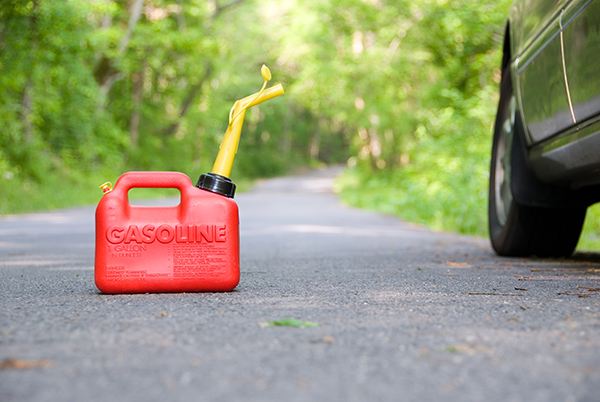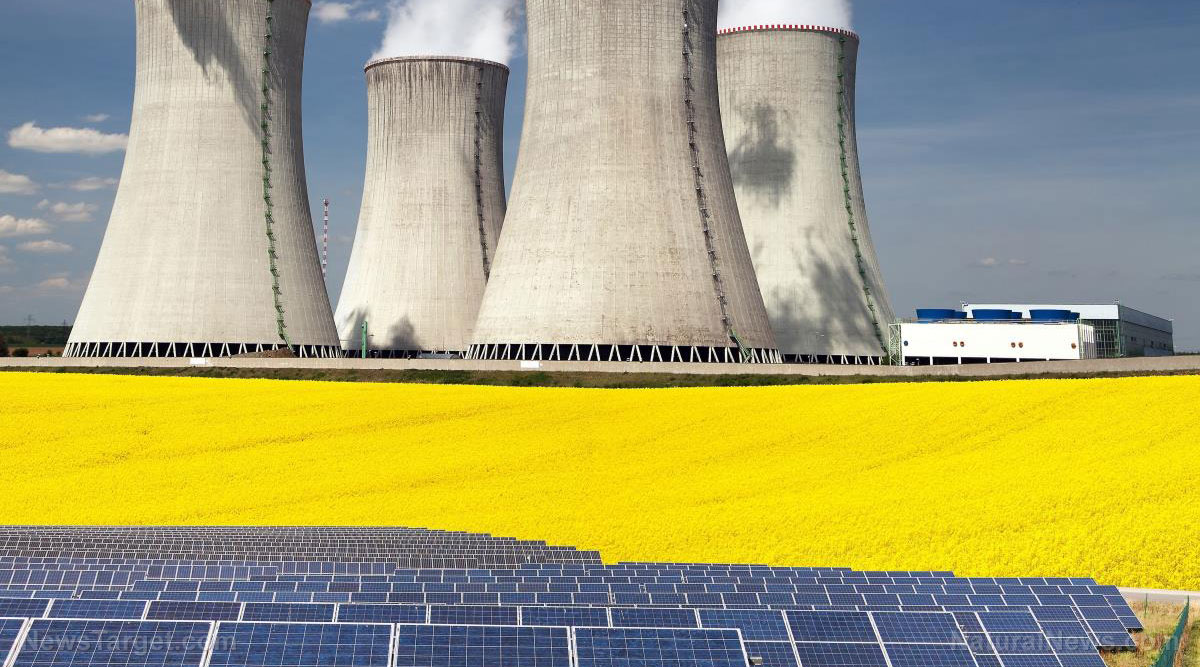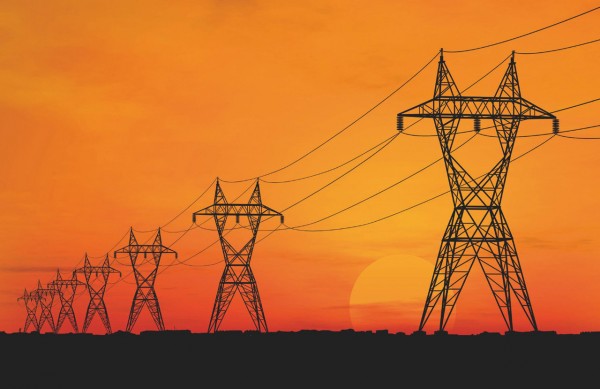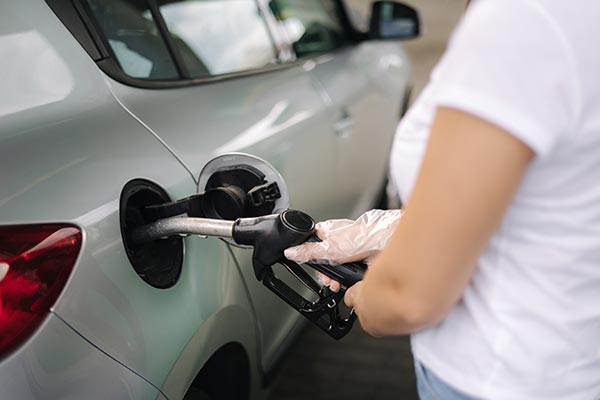EVs are NOT zero emissions: It takes 500,000 pounds of earth material to build a single 1,000-pound battery
04/27/2023 / By Ethan Huff

The idea that electric vehicles (EVs) are somehow good for the environment is an absolute joke.
Energy analyst Mark P. Mills dropped a few bombshells this week debunking the myth that Teslas and other heaps of electric junk are “clean” or “green.” Truth be told, EVs are far worse for the environment than internal combustion engine vehicles that run on gasoline or petrol.
“You have to dig up about 500,000 pounds of materials to make a single 1,000-pound battery,” said Mills, a senior fellow at the Manhattan Institute and a faculty fellow at Northwestern University‘s McCormick School of Engineering and Applied Science.
Mills went on to reveal the obscene amount of oil – yes, petroleum – it also takes to produce that same 1,000-pound battery for an EV.
“It takes 100 to 300 barrels of oil to manufacture a battery that can hold one barrel of oil equivalent of energy,” he stated – watch the video below from the Manhattan Institute to learn more:
It takes 500,000 lbs of materials to produce one 1,000 lb electric car battery.
More from @MarkPMills on the “energy transition” delusion: https://t.co/FIXrW5Mc17
Video credit: California Insider pic.twitter.com/6a5LMC7SAD
— Manhattan Institute (@ManhattanInst) September 14, 2022
(Related: There will never be enough electricity available to charge everyone’s EVs once the government forces all gas cars off the road.)
A diesel car emits less CO2 than an EV for the first 70,000 miles it’s driven
Just because you cannot see any exhaust or other emissions coming from an EV does not in any way mean that the car is “zero emissions” like many leftists claim. To the contrary, EVs are actually worse polluters than gas-powered cars, all things considered.
“There’s no such thing, of course, as a zero-emissions vehicle,” Mills added. “The real question is: where are the emissions associated with the electric car? Because what you do with an electric vehicle is you don’t eliminate emissions; you export them somewhere else.”
What Mills means by this is all the inputs required to produce an EV have a much greater negative impact on the environment than a lifetime of emissions from a gas-powered car.
“Just manufacturing the battery can have a carbon debt rate ranging from 10 tons to 40 tons of CO2, and the plans that are in place to increase the use of batteries will require an increase in production of minerals like lithium, cobalt, zinc – demand for those minerals will increase between 400 percent and 4,000 percent,” Mills added.
“There isn’t enough mining in the world to make enough batteries for that many people for their car.”
According to Volkswagen (VW), a typical diesel-powered car actually emits less CO2 than an EV for the first 70,000 miles it is driven. The reason for this has to do with all the energy and waste that occurs in the production of just one single EV battery.
“The energy used in the mining ecosystem – oil, coal, and natural gas – means that one EV has a carbon debt equal to emitting between eight and 20 tons of CO2 before its first mile driven,” Mills said.
“One can begin with a reality that cannot be blinked away: energy is needed for everything that is fabricated, grown, operated, or moved. It’s easy to ignore the benefits of cheap energy when it’s cheap, but not so much when it isn’t.”
They say that ignorance is bliss, but does this also apply to the willful ignorance of the leftist greenies concerning the truly monstrous environmental toll of EV production that they refuse to acknowledge, let alone accept? And will anybody step up to the plate to put a stop to this forced green transition before it is too late?
More related news about the EV scam can be found at GreenDeal.news.
Sources for this article include:
Submit a correction >>
Tagged Under:
battery, carbon footprint, Censored Science, climate, climate change, conspiracy, deception, electric vehicle, electricity, emissions, energy report, EV, fuel supply, global warming, green cult, green tyranny, left cult, lies, power, power grid, science deception, truth
This article may contain statements that reflect the opinion of the author
RECENT NEWS & ARTICLES
COPYRIGHT © 2022 FuelSupply.news
All content posted on this site is protected under Free Speech. FuelSupply.news is not responsible for content written by contributing authors. The information on this site is provided for educational and entertainment purposes only. It is not intended as a substitute for professional advice of any kind. FuelSupply.news assumes no responsibility for the use or misuse of this material. All trademarks, registered trademarks and service marks mentioned on this site are the property of their respective owners.




















